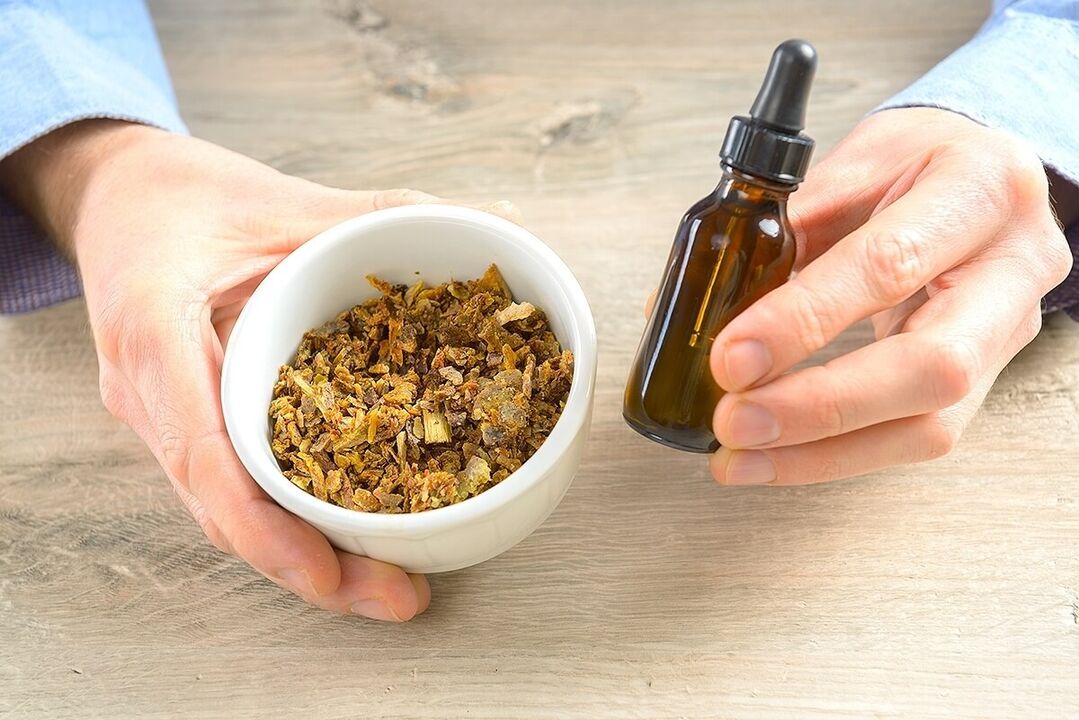
Natural remedies to reduce prostate size
African Plum (Prunus africana, Pygeum, African Plum)
Saw Palmetto (Serenoa repens)
Radix Pseudostellariae, Zi-Shen, ZSP
Sernilton Pollen Extract
Babassu Palm Oil (Orbignya spiosa, Babassu)
Nettle (Urtica dioica, nettle extract)
Pumpkin seed oil (Cucurbita pepo, pumpkin seeds)
Lycopene, or Lycopene
Dietary supplements containing zinc
Green tea extract (Camellia sinensis)
Lifestyle during prostatitis and adenoma treatment
- Avoid alcohol, including beer and low-alcohol drinks.
- Use the bathroom before leaving home and before going to bed to avoid embarrassing moments in public places and reduce the number of times you wake up during the night.
- Empty your bladder completely after using the toilet to reduce bladder leakage.
- After urinating, gently massage the urethra to expel residual urine.
- Drink small amounts of water throughout the day and don't get drunk 2 hours before bed.
- If necessary, use a urological pad to prevent discomfort and unpleasant consequences of wet underwear.
- Avoid a sedentary lifestyle and move around as much as possible.
- Avoid stress, which can increase urination.
- Drink at least 2 liters of fluid every day.
What are the causes of prostate enlargement?
- old age
- presence of diabetes
- family history
- overweight and obesity
- coronary heart disease
- East Asian roots
Treatment of prostatitis and benign prostatic hyperplasia should be supplemented by a proper diet. These male diseases cannot be solved with just one pill. Successful treatment requires a continuous and comprehensive approach.
- Sources of fiber: Whole grains, legumes, dark leafy green vegetables
- Sources of antioxidants: Bright vegetables and fruits in a rainbow of colors ("rainbow plates")
- Sources of zinc: poultry, eggs, seafood, nuts and pumpkin seeds
- Phytoestrogens: soy products, broad beans, chickpeas, alfalfa
- Omega-3 acids: salmon, nuts and seeds (chia, hemp)



























